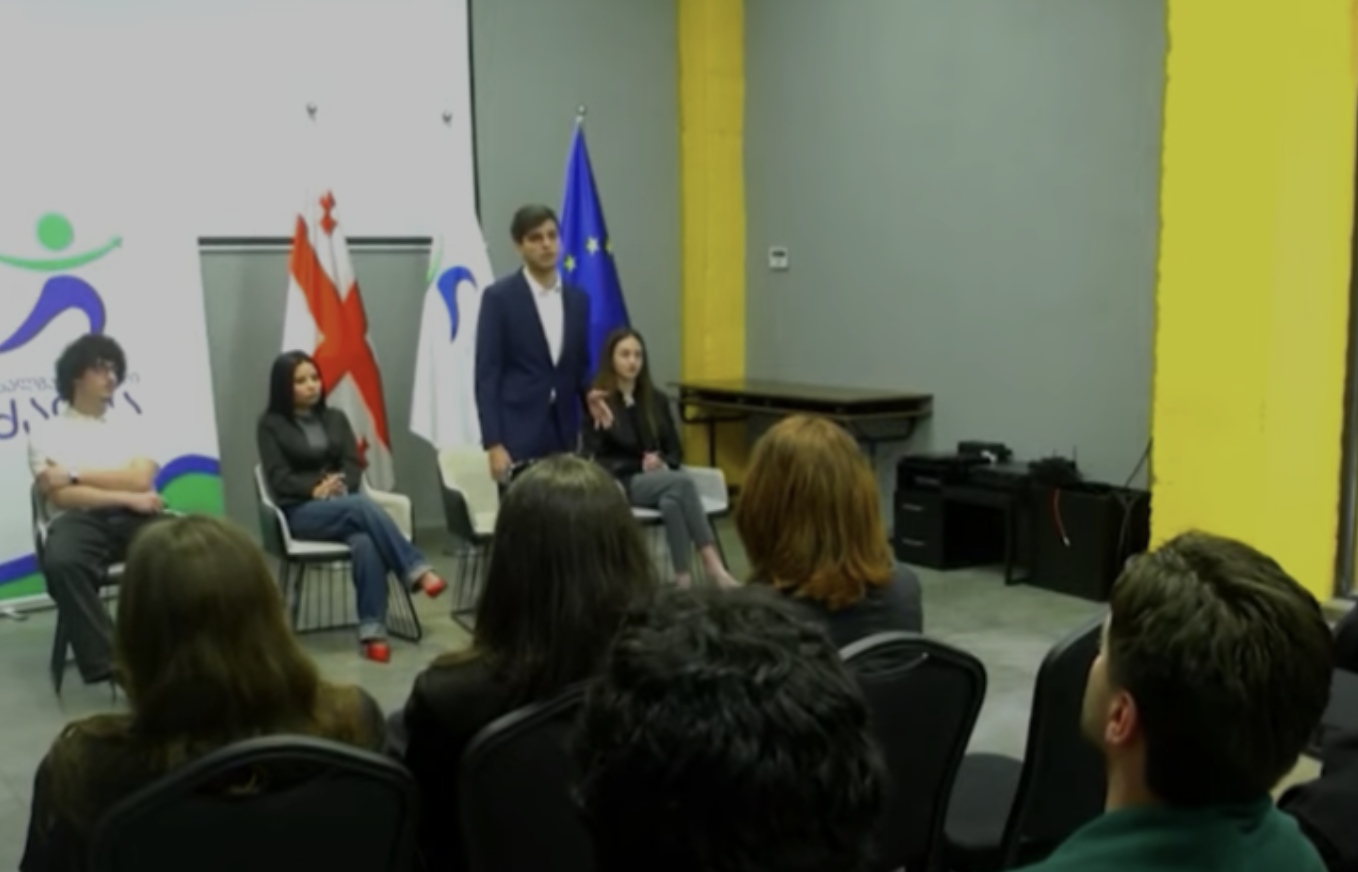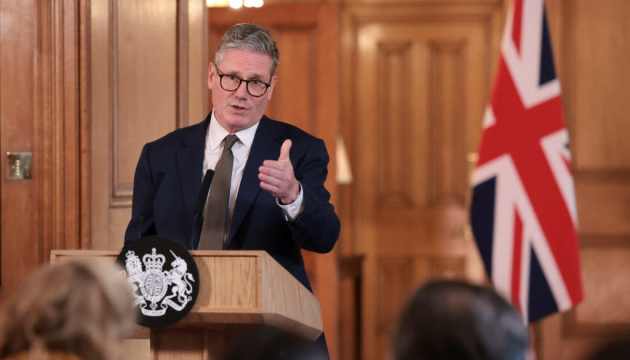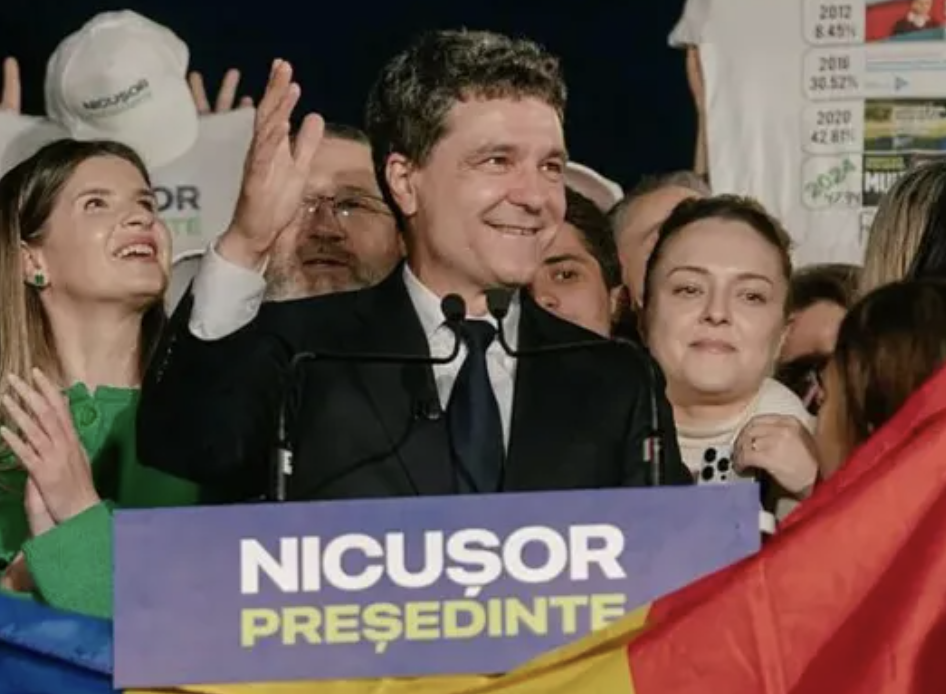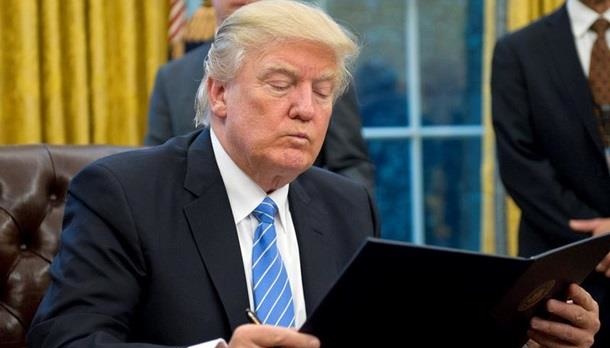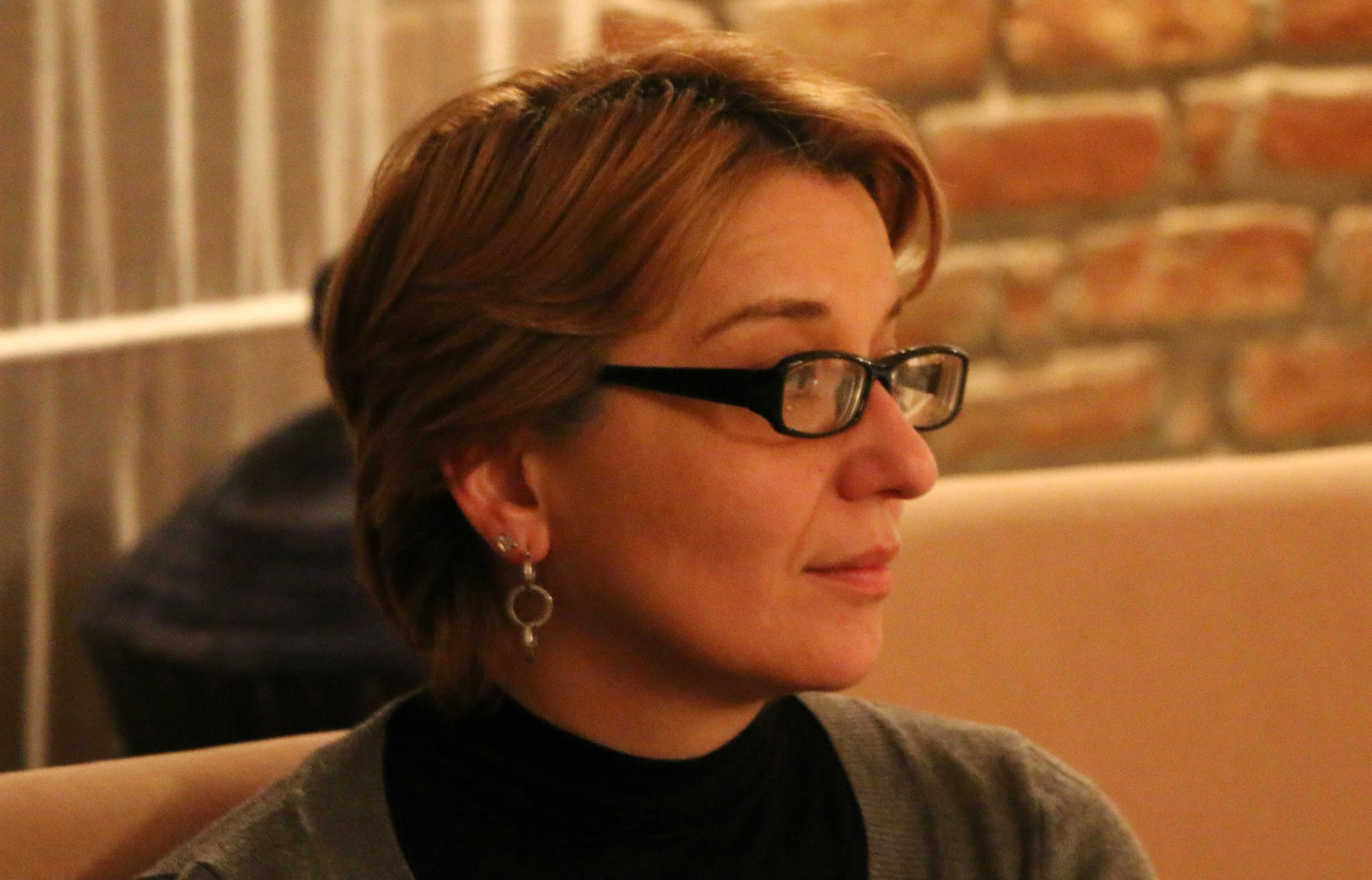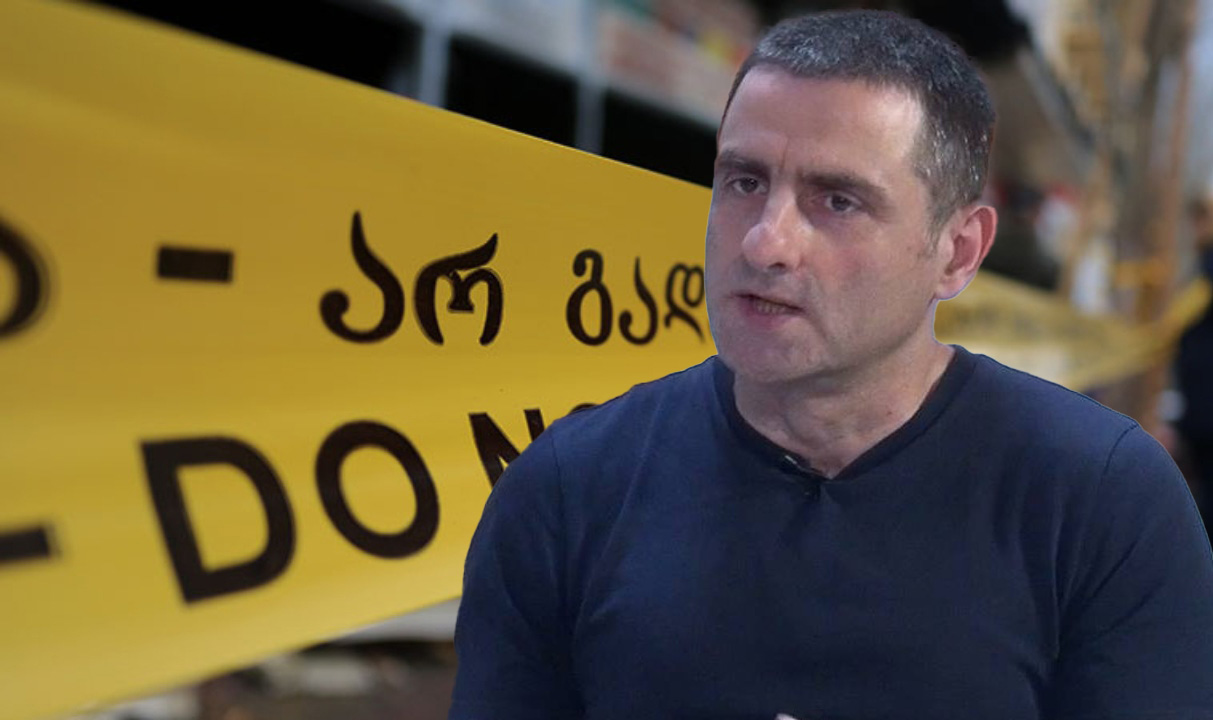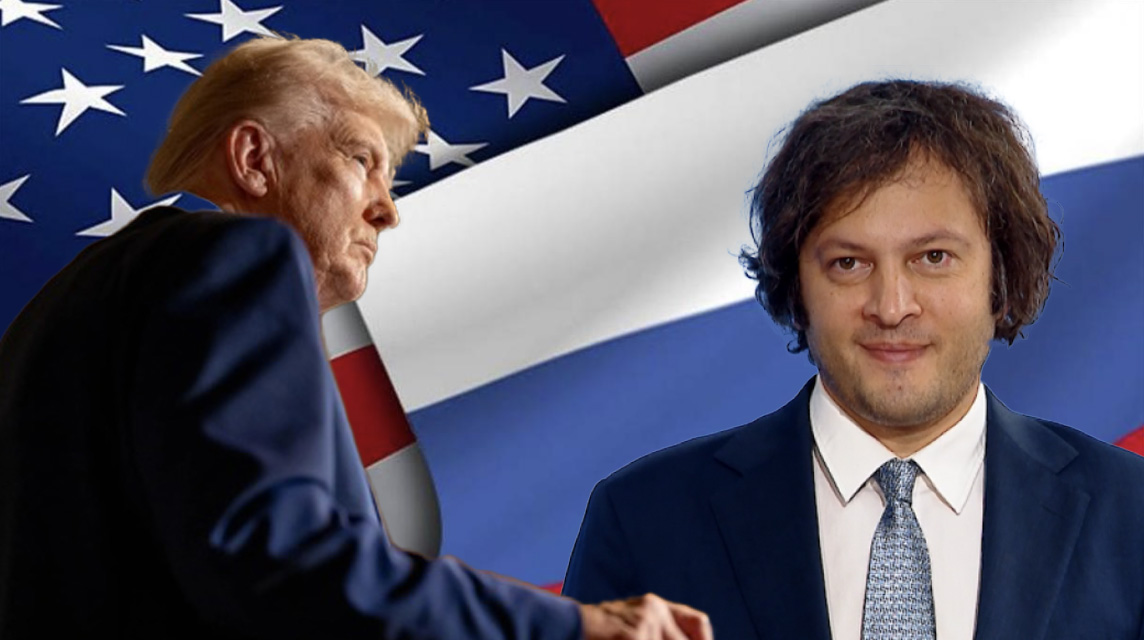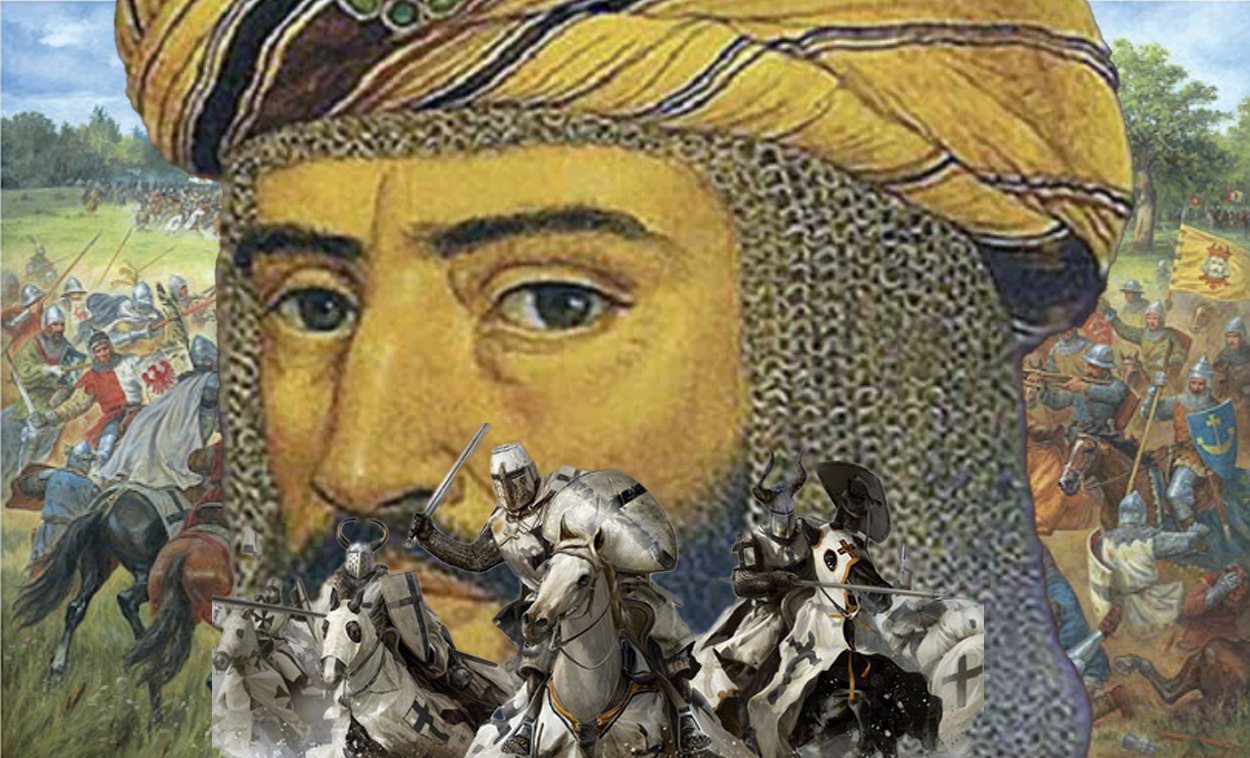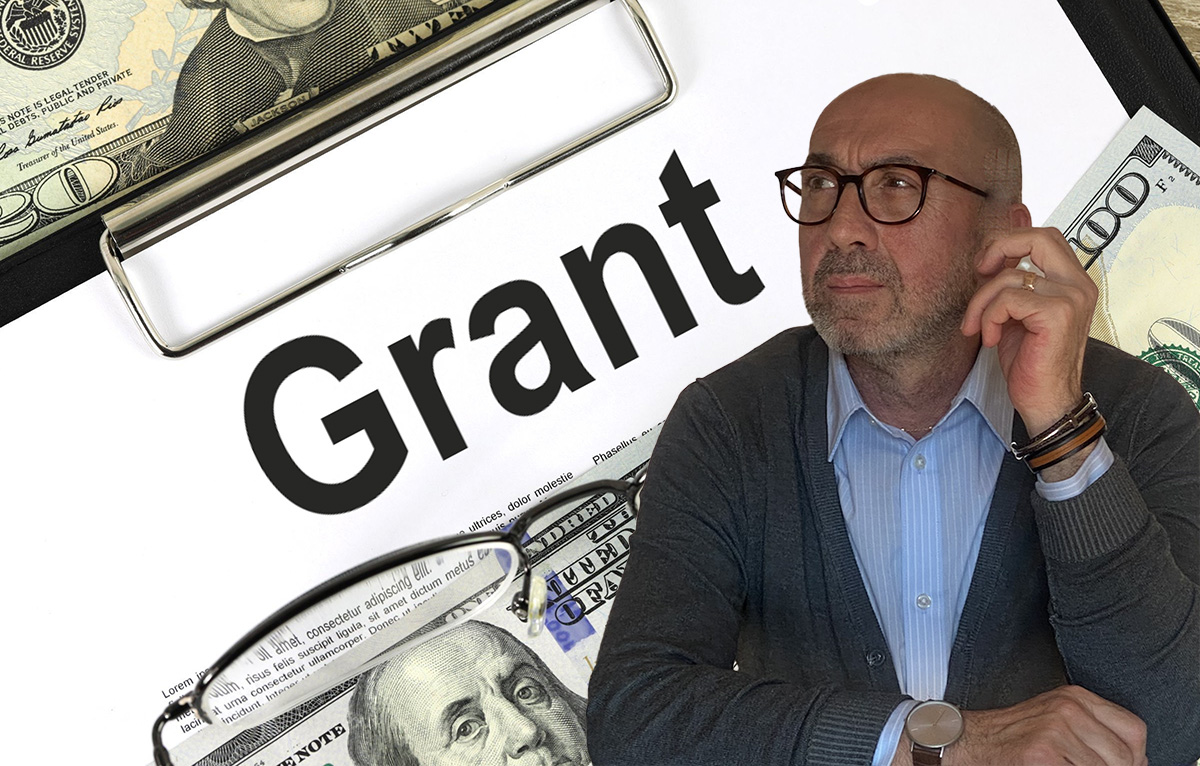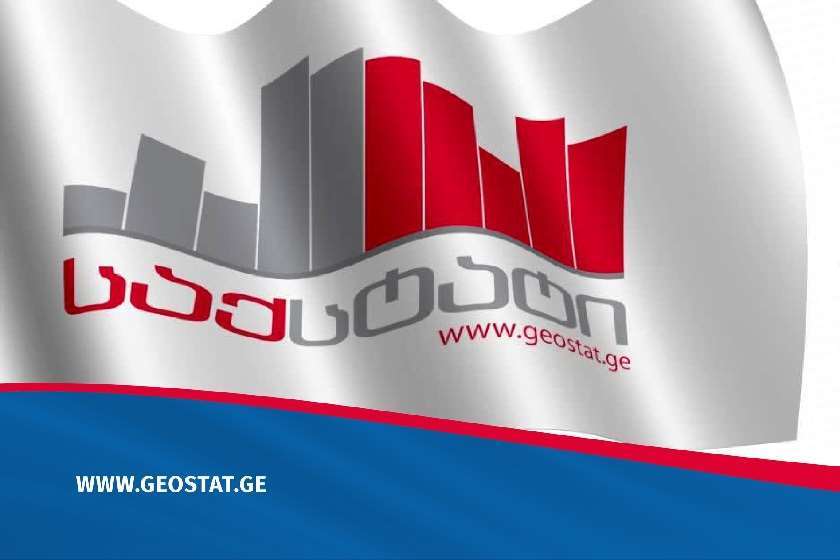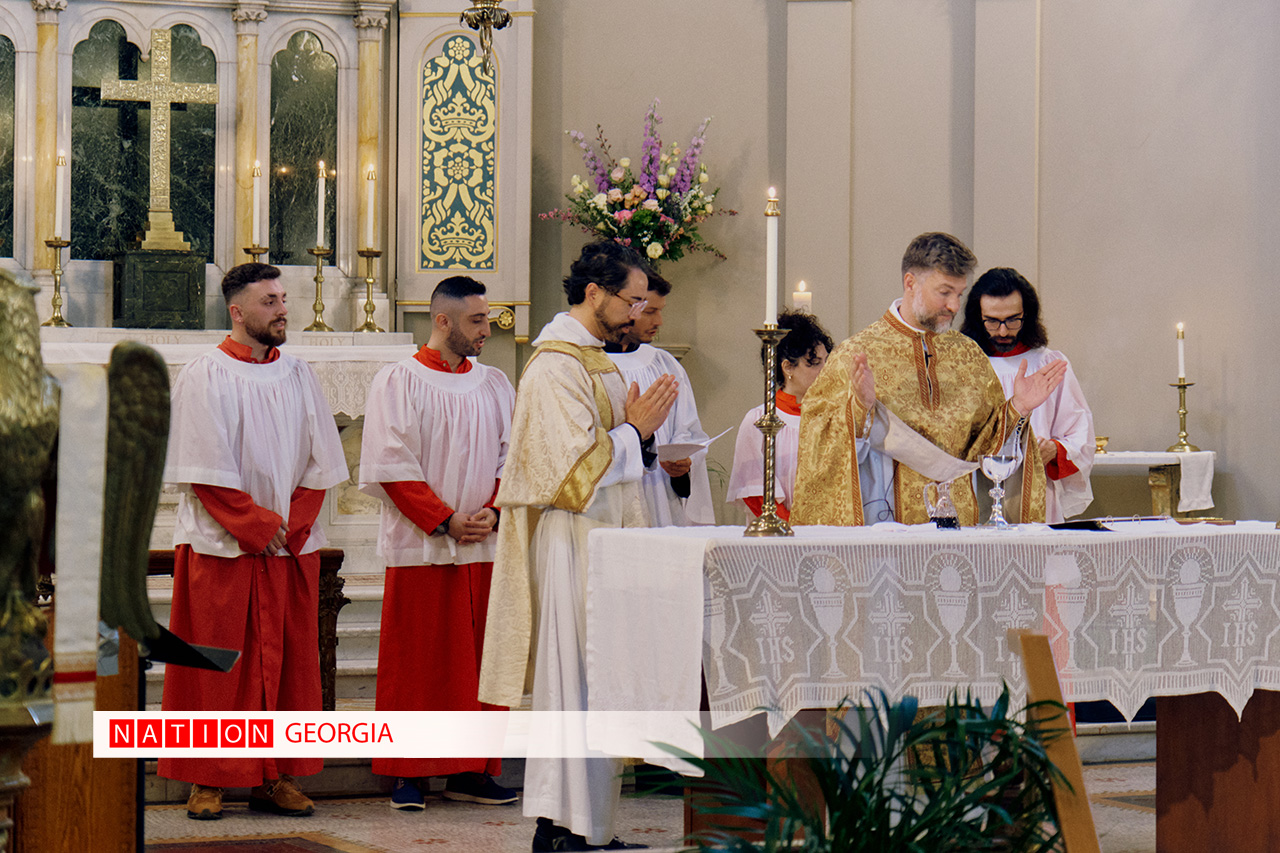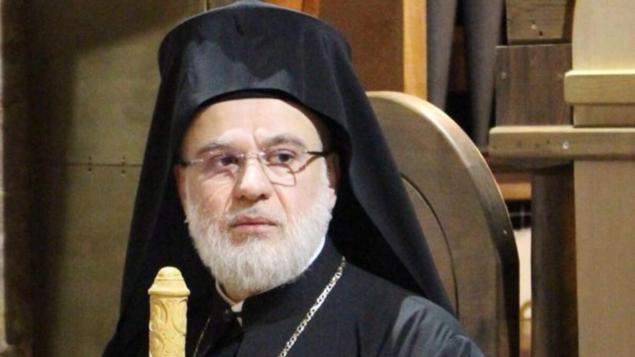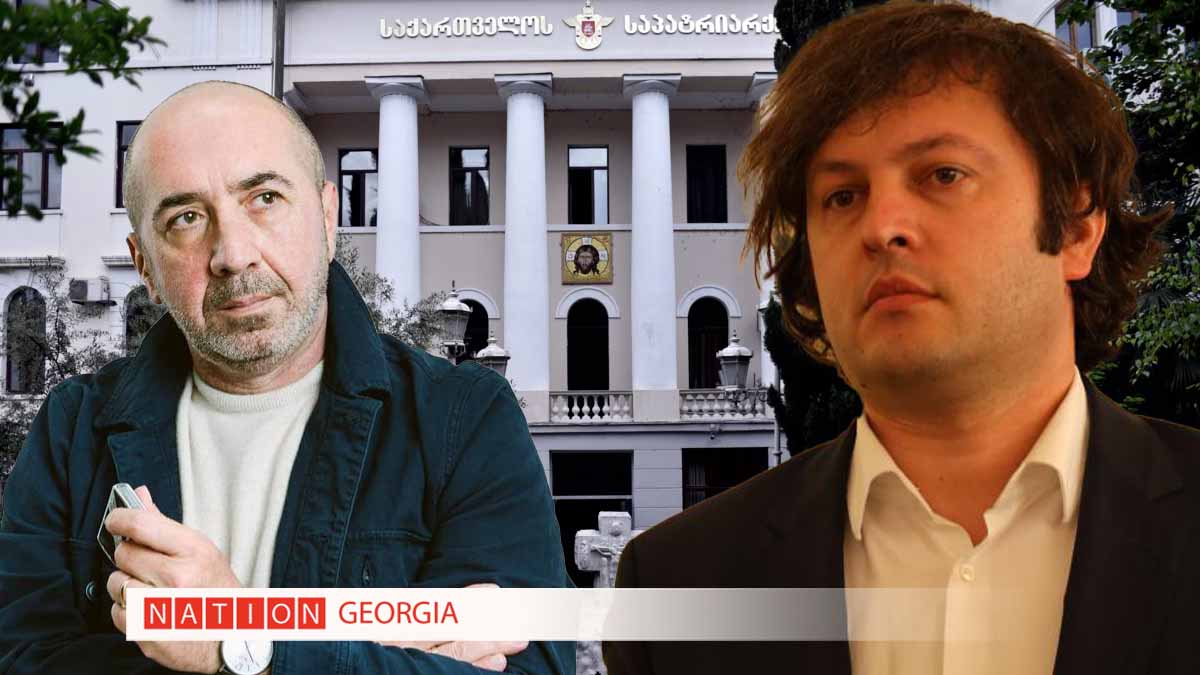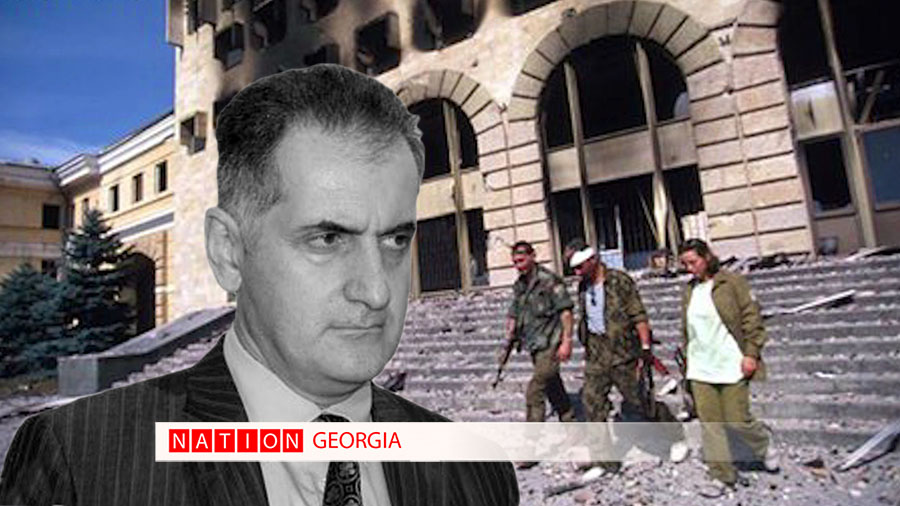
Kremlin deliberately delaying talks, preparing for prolonged war – ISW
19.05.2025 ნახვები: 125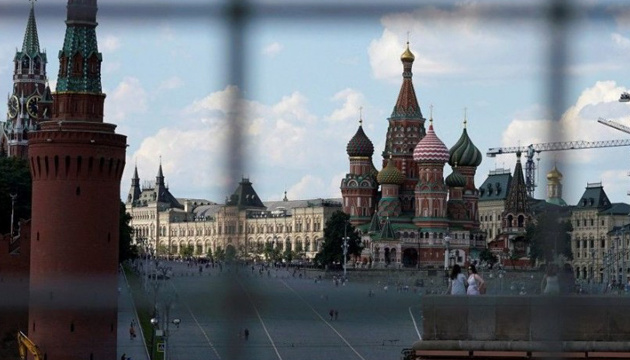
According to Ukrinform, this is stated in a report by the Institute for the Study of War (ISW).
The report draws conclusions from the Russia-Ukraine meeting held in Istanbul on May 16. Sources familiar with the talks reported to Bloomberg that the Russian delegation demanded that Ukraine cede all of Luhansk, Donetsk, Zaporizhzhia, and Kherson regions and Crimea to Russia and that the international community recognize the four regions and the peninsula as Russian territory before Russia will agree to a ceasefire. The Russian delegation also reportedly demanded that Ukraine adopt a neutral status, that no foreign troops be allowed on Ukrainian territory, and that Ukraine abandon its demands for war reparations from Russia.
"ISW continues to assess that Russia's war aim remains full Ukrainian capitulation. Russia is reframing its territorial demands — typically the subject of war termination negotiations — as preconditions for a ceasefire," analysts said.
Read also: Kremlin says Zelensky-Putin meeting possible if negotiators reach 'certain agreements'They emphasized that Russia is attempting to posture itself as open to negotiations but is putting forward demands that Ukraine cannot reasonably accept while offering no compromises of its own. ISW continues to assess that Putin will continue to refuse to offer compromises until Ukraine and the West are able to alter his theory of victory, which posits that Russia will win a war of attrition through indefinite creeping advances that prevent Ukraine from conducting successful, operationally significant counteroffensive operations.
"Russia remains committed to prolonging peace negotiations so as to continue making battlefield advances and to extract additional concessions from the West. Ukraine has continually demonstrated its willingness to compromise and engage in good-faith negotiations in contrast," the report states.
Additionally, analysts point out that Kremlin officials continue to signal that Russia is prepared to continue or even escalate its war against Ukraine should Ukraine and the West not agree to Russia's demands for Ukraine's surrender.
"Russia has demonstrated that it will not accept any terms less than Ukraine's full capitulation and would likely view any negotiations that do not fulfill these war aims as 'unsuccessful.' The threat that Russia could continue its war against Ukraine and even escalate it should Russia not achieve its goals mirrors Russian Presidential Aide Vladimir Medinsky's May 16 statement that Russia is ready to fight for 'however long it takes'," the report continues.
Russia continues to deny the current Ukrainian government's legitimacy and is likely setting conditions to renege on any future Ukrainian-Russian peace agreement. For instance, Kremlin spokesperson Dmitry Peskov stated on May 17 that it is important for Russia to understand exactly who from the Ukrainian government will sign the documents that may result from any future Russian-Ukrainian agreement. ISW analysts believe such comments are likely part of the Kremlin's long-standing narrative rejecting Ukrainian President Volodymyr Zelensky's legitimacy and the legitimacy of all post-2014 Ukrainian governments. This rhetorical campaign is part of efforts to set conditions for Russia to withdraw from any future peace agreements at a time of Russia's choosing and to support Russia's repeated demand that Ukraine acquiesce to regime change and the installation of a pro-Russian proxy government.
"Any future peace agreement between Russia and Ukraine must include Russia's explicit recognition of the Ukrainian government's and the Ukrainian Constitution's legitimacy," ISW analysts said.

